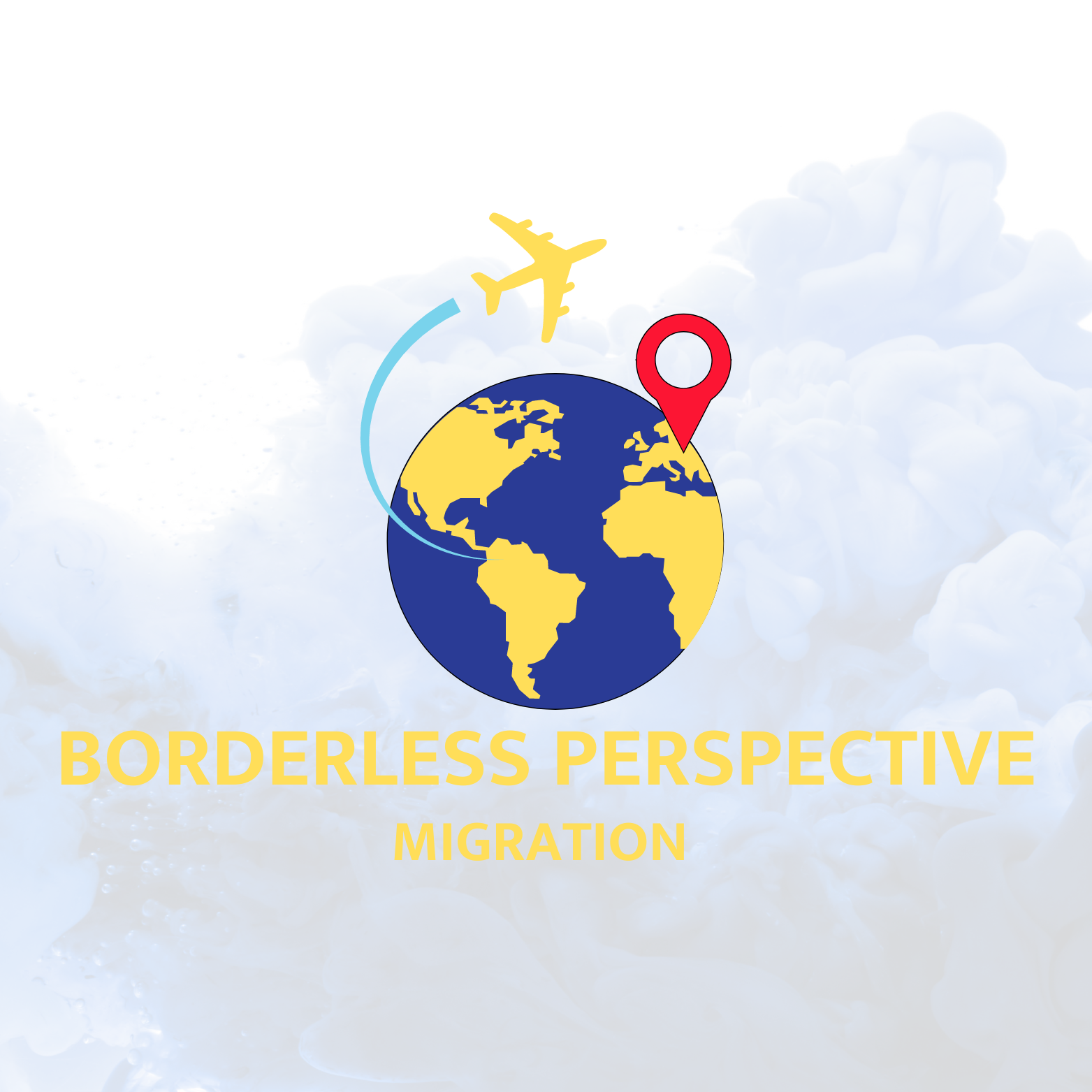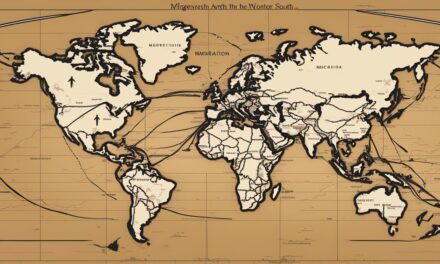
Technology has become an integral part of our lives, transforming various aspects of society. One area where technology has had a significant impact is migration. The digital revolution has revolutionized the way we approach and navigate human mobility.
Digital transformation is reshaping migration strategies, providing innovative solutions to challenges faced by migrants and policymakers alike. From the adoption of technology by migrants to the use of digital tools for data migration and cloud migration, technology is playing a crucial role in shaping the migration landscape.
In this section, we will delve into the transformative role of technology in migration. We will explore the concept of digital transformation and its impact on migration strategies. We will also discuss the adoption of technology by migrants, including the use of digital tools for data migration and cloud migration. Through key findings and recommendations, we will gain insights into the intersection of technology and migration.
Key Takeaways:
- Technology has revolutionized the migration process, enabling innovative solutions and strategies.
- Digital transformation plays a crucial role in shaping migration strategies and policies.
- Migrants are adopting technology, utilizing digital tools for data migration and cloud migration.
- Migration solutions and strategies are being shaped by the integration of technology.
- The intersection of technology and migration presents opportunities for a connected and inclusive society.
Section 2: The Role of Digital Media in Shaping the Migration Narrative
The digital revolution has drastically transformed the way information is shared and consumed, and its impact on shaping public opinion cannot be underestimated. In the context of migration, digital media plays a crucial role in shaping the narrative surrounding this complex issue. By leveraging the power of technology integration, organizations and policymakers can strategically plan their migration strategies to foster positive outcomes.
One of the key advantages of digital media in the migration narrative is its ability to connect migrants and receiving communities. Through platforms such as social media and online forums, individuals can share their personal stories and experiences, creating a more inclusive and empathetic society. Digital media also provides a space to challenge stereotypes and discriminatory messages, fostering dialogue and understanding among diverse communities.
“Digital media has the potential to amplify the voices of migrants, enabling them to share their unique perspectives and contribute to a more informed migration discourse,” said a leading migration expert.
However, it is important to acknowledge the constraints and opportunities that digital media presents in the migration narrative. While digital platforms offer new avenues for engagement, they also bring challenges such as the spread of misinformation and the risk of amplifying already existing biases. As such, media literacy and responsible digital storytelling become crucial in ensuring the creation of accurate and fair migration narratives.
The Role of Digital Media in Shaping the Migration Narrative
To make the most of digital media in migration, organizations and policymakers need to prioritize technology planning. This involves developing strategies to effectively integrate technology into migration processes, ensuring that digital tools are accessible and beneficial for all stakeholders involved. By harnessing the potential of technology integration, the migration process can become more streamlined, efficient, and inclusive.
In conclusion, the role of digital media in shaping the migration narrative cannot be underestimated. By embracing technology integration, migration strategies can be planned and executed with greater efficiency and inclusivity. However, it is vital to navigate the digital crossroads with responsibility and media literacy, ensuring that digital media platforms become spaces for empathy, understanding, and positive change.
| Pros | Cons |
|---|---|
| Connects migrants and receiving communities | Spread of misinformation |
| Challenges stereotypes and discriminatory messages | Risk of amplifying biases |
| Amplifies the voices of migrants | Requires media literacy and responsible storytelling |
Conclusion: Harnessing Technology for a Connected and Inclusive Society
In an era defined by digital transformation, the intersection of technology and migration has become increasingly significant. As migrants navigate the complexities of human mobility, technology has emerged as a powerful tool in shaping migration solutions and strategies. The integration of technology in the migration process presents immense opportunities for creating a connected and inclusive society.
By harnessing the potential of technology, organizations and policymakers can develop innovative migration solutions that address the challenges faced by migrants. From streamlining data migration to facilitating cloud migration, digital tools have the capacity to enhance the efficiency and effectiveness of the migration journey.
Technology integration also plays a crucial role in shaping migration strategies. By leveraging digital media and storytelling, stakeholders can challenge stereotypes and discriminatory narratives surrounding migration. This empowers migrants and receiving communities to form meaningful connections, fostering empathy and understanding.
In conclusion, the future of migration lies in the harmonious integration of technology and human mobility. By embracing the transformative power of technology, we can create migration solutions that promote connectivity and inclusivity. It is imperative that we continue to explore and innovate in this space, working towards a society where technology and migration coexist to build a better future for all.
FAQ
How has technology impacted the migration process?
Technology has played a transformative role in the migration process, facilitating digital transformation and influencing migration strategies. It has enabled migrants to adopt digital tools for data migration and cloud migration, making the process more efficient and accessible.
What role does digital media play in shaping public perception of migration?
Digital media has a significant impact on shaping public perception and opinion on migration. Through media literacy and digital storytelling, it can connect migrants and receiving communities, challenge stereotypes, and counter discriminatory messages. This presents both opportunities and constraints in the migration narrative.
How can organizations and policymakers leverage digital media for positive outcomes in migration?
Organizations and policymakers can leverage digital media by promoting media literacy, supporting digital storytelling initiatives, and using digital platforms to amplify positive migration narratives. By doing so, they can foster inclusivity, challenge stereotypes, and promote a more balanced and informed public discourse on migration.
MORE SOURCES TO READ:
- https://link.springer.com/chapter/10.1007/978-3-030-81226-3_2
- https://elabhome.blob.core.windows.net/elabpublication/digital-crossroads-civic-media-and-migration.pdf
![]()










Recent Comments